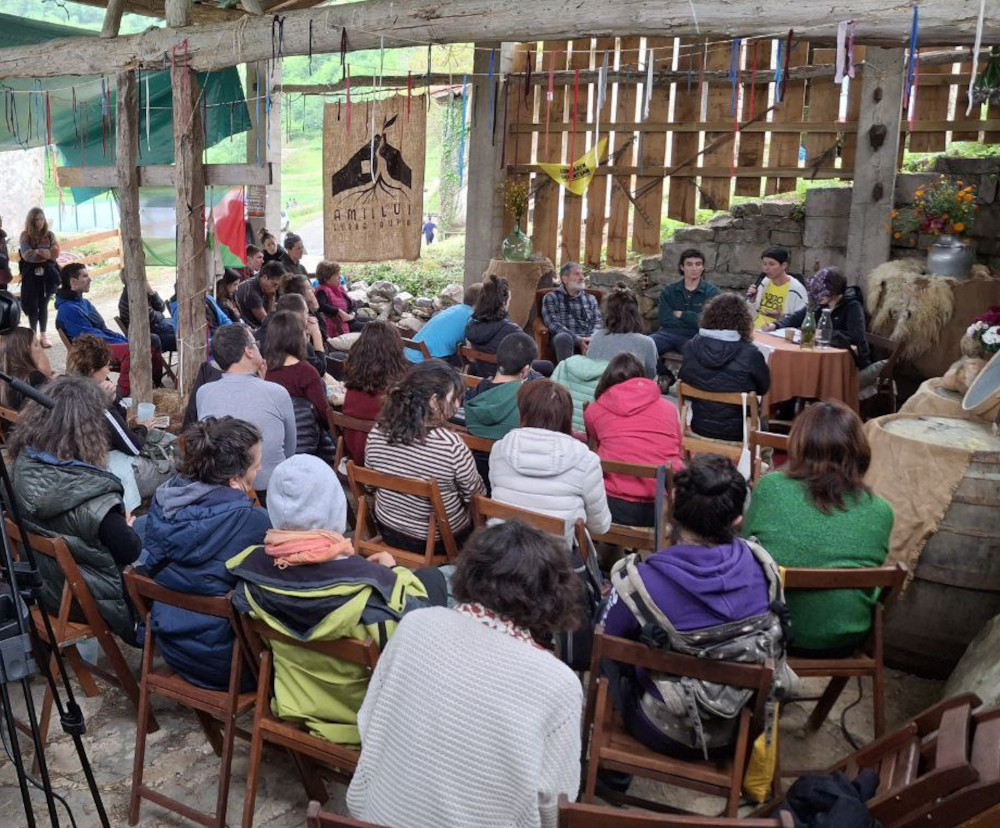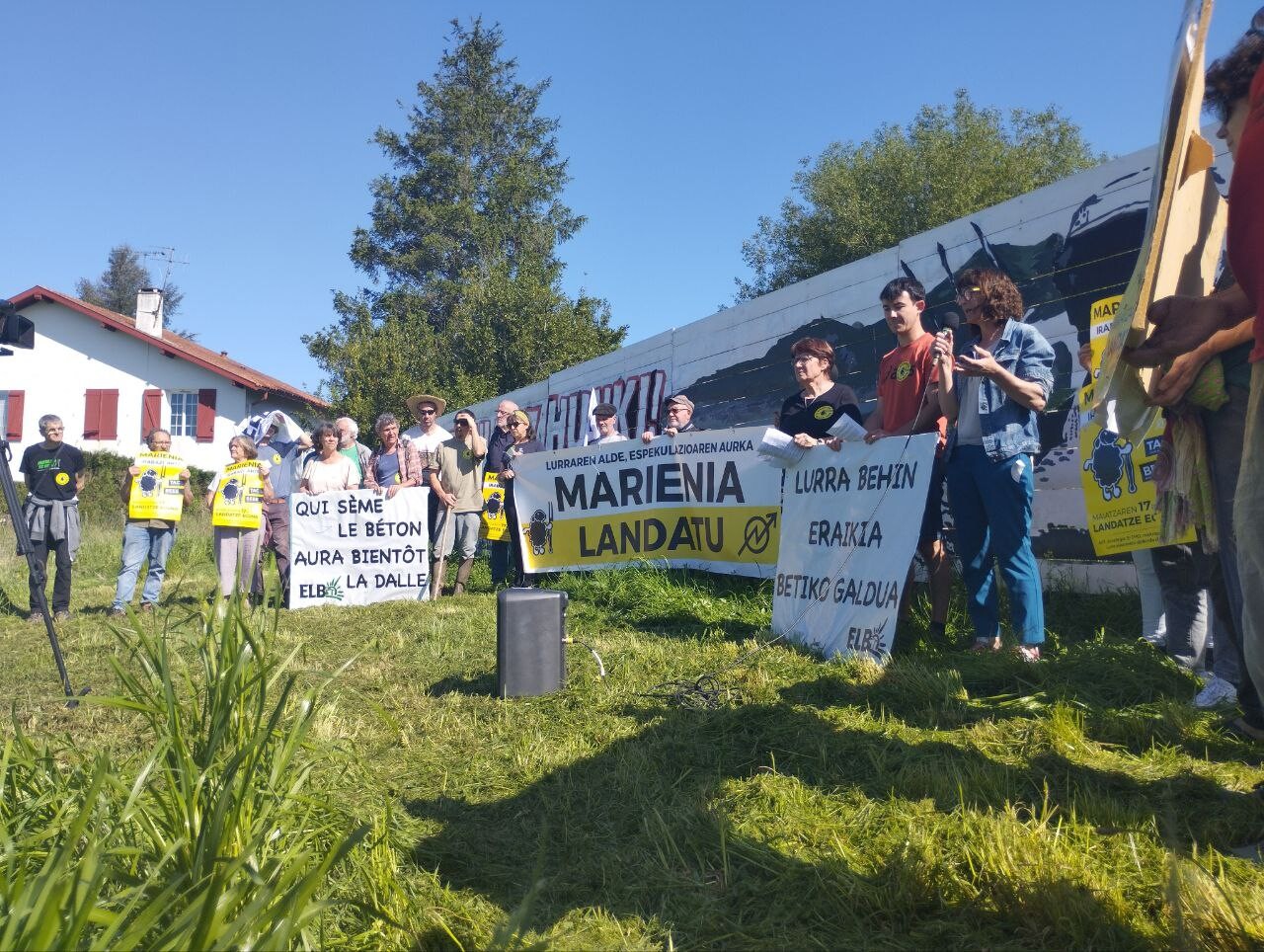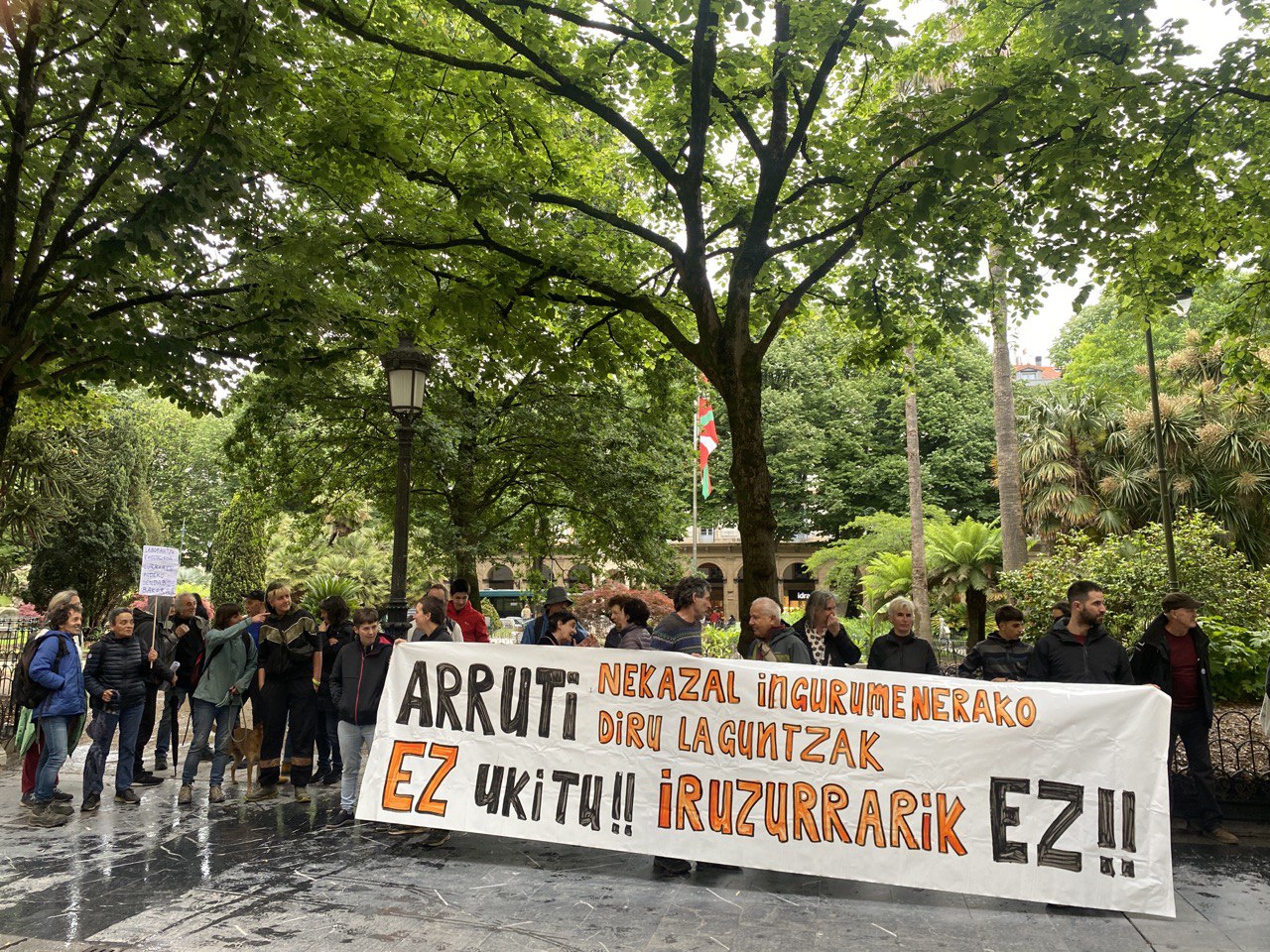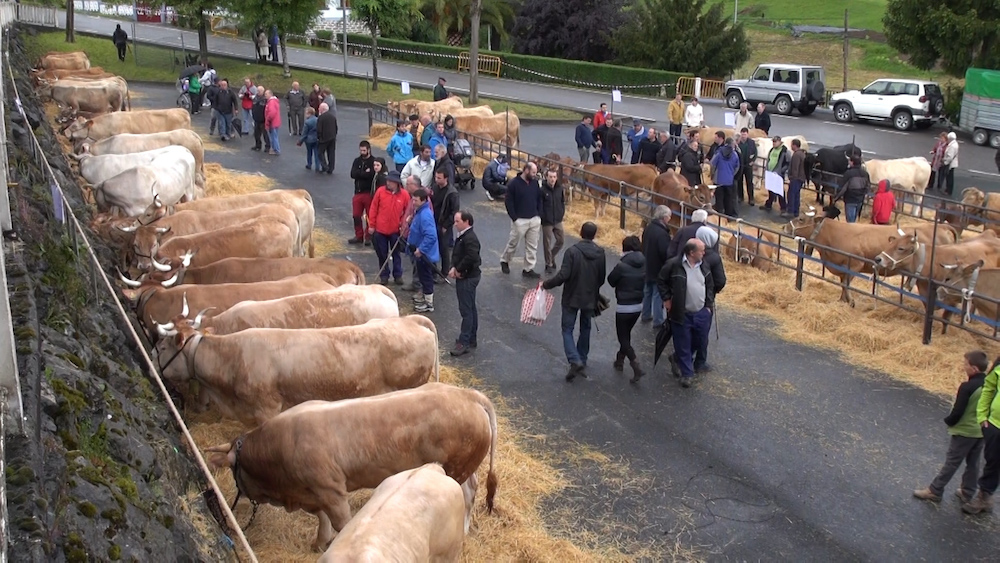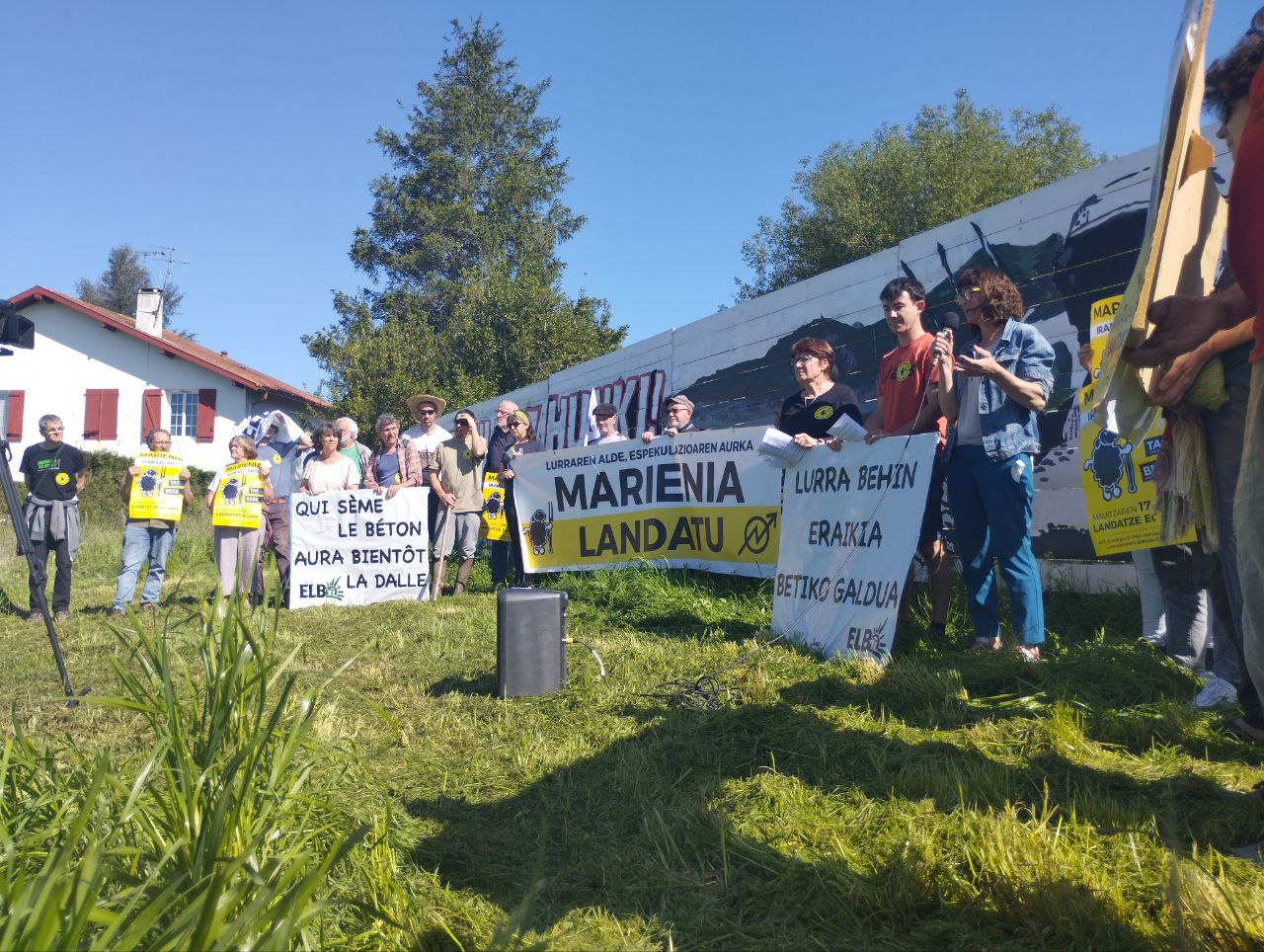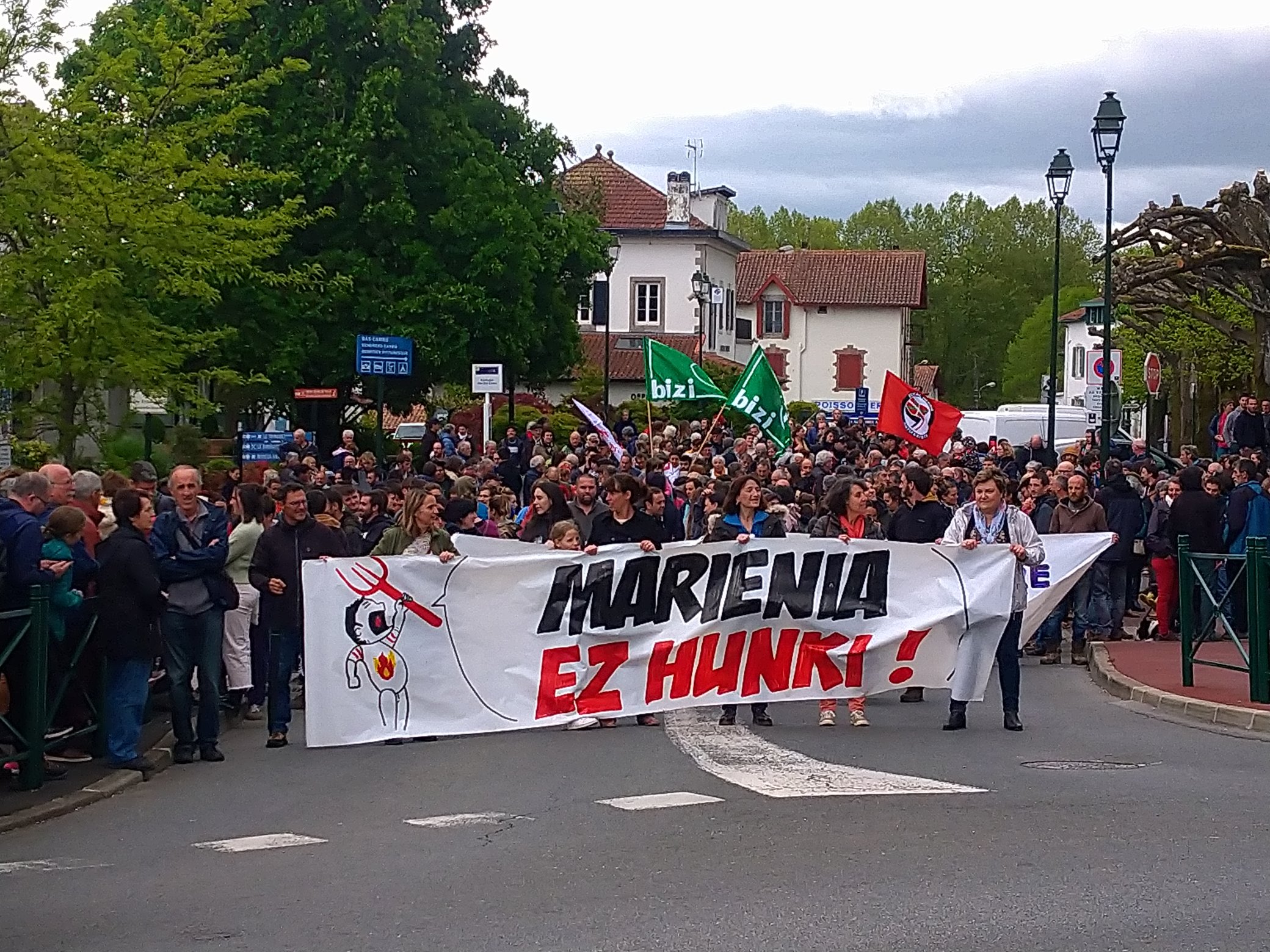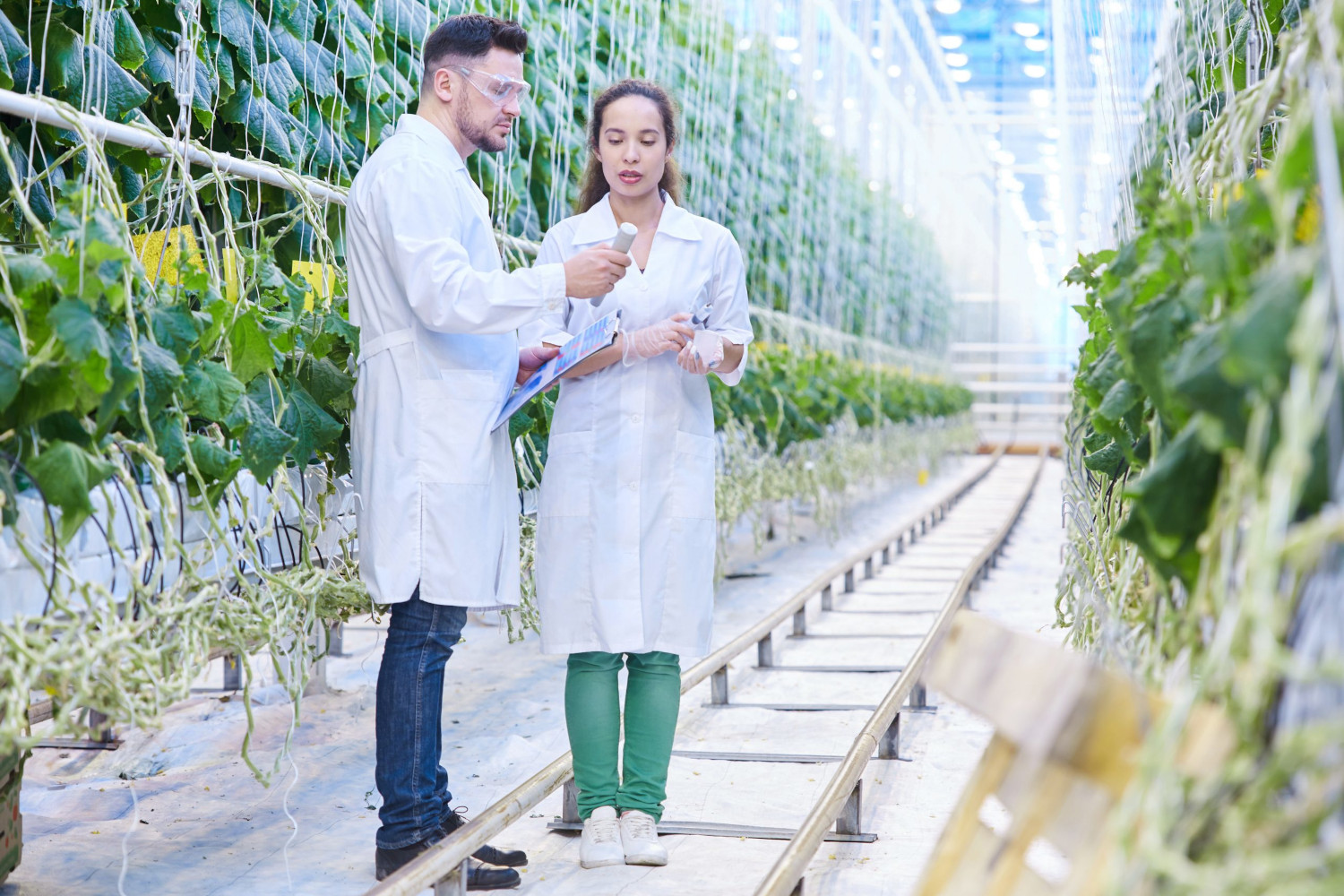Mixel Berhokoirigoin, a well-known farmer, trade unionist and militant of the Lower Navarre
- Mixel Berhokoirigoin (Gamarte, 1952-2021), one of the Baja California farmers and founders of the ELB trade union, has died from the cancer he suffered. Committed to the small baserritars and healed in the militancy, he played a special role in the group that launched the Basque House of Agriculture, overcoming the judicial persecution of the French State, and has been one of the main references for the defenders of the land in Euskal Herria. He lives involved in the construction of a people and in recent years we have seen him as a “craftsman of peace”.

The well-known Basque farmer and trade unionist Mixel Berhokoirigoin has died in Gamarte, his native town, in the same place where he has lived and worked closely linked to the land. One of the founders of the Union of Farmers of the Basque Country (ELB) and former secretary-general of Confédération Paysanne, known for his trace in work, militancy and commitment, led Gamarte to be one of the main references within and outside the Basque Country.
He founded the ELB in 1982 with other farmers, with the objective of working for popular agriculture. Until then, the FNSEA was the only agricultural union working in the trade union sector, with the aim of guiding policies, measures and aid for small farmers. But the FNSEA monopoly was in favour of another agriculture, they pulled out and created the ELB. According to him, in the context of the time it was necessary to convince the citizens of both ideas, doing great pedagogical work. On the one hand, the need for a structure at the level of Ipar Euskal Herria, since then the territory did not have institutional recognition; and on the other, that the exit from the FNSEA and the creation of the OECD was not a division, but a decision motivated by the objective of betting on another crop.
The ELB has achieved the recognition of the farmers by offering alternatives and acting against the monopolies that dominated the sector; and has become the main agricultural union of Ipar Euskal Herria. In Berhokoirigoin his face and language remained for years.
Trained at Hazparne's Liceo Laborantza, like other militants of Ipar Euskal Herria, MRJC received much of his political training in Basque Youth in the 1970s, and thus met his partner Mikele Hirigaray.
President of the Basque Country Chamber of Agriculture
Faced with an intensive and aggressive agricultural model, the need to build a genuine democratic agricultural structure that recognises Iparralde and a cultivation chamber that takes into account the agricultural reality of Euskal Herria, in 2005 the Chamber of Agriculture of the Basque Country (EHLG) was created, driven by the ELB of Ainhize-Monjolos, presided in Berhoko.
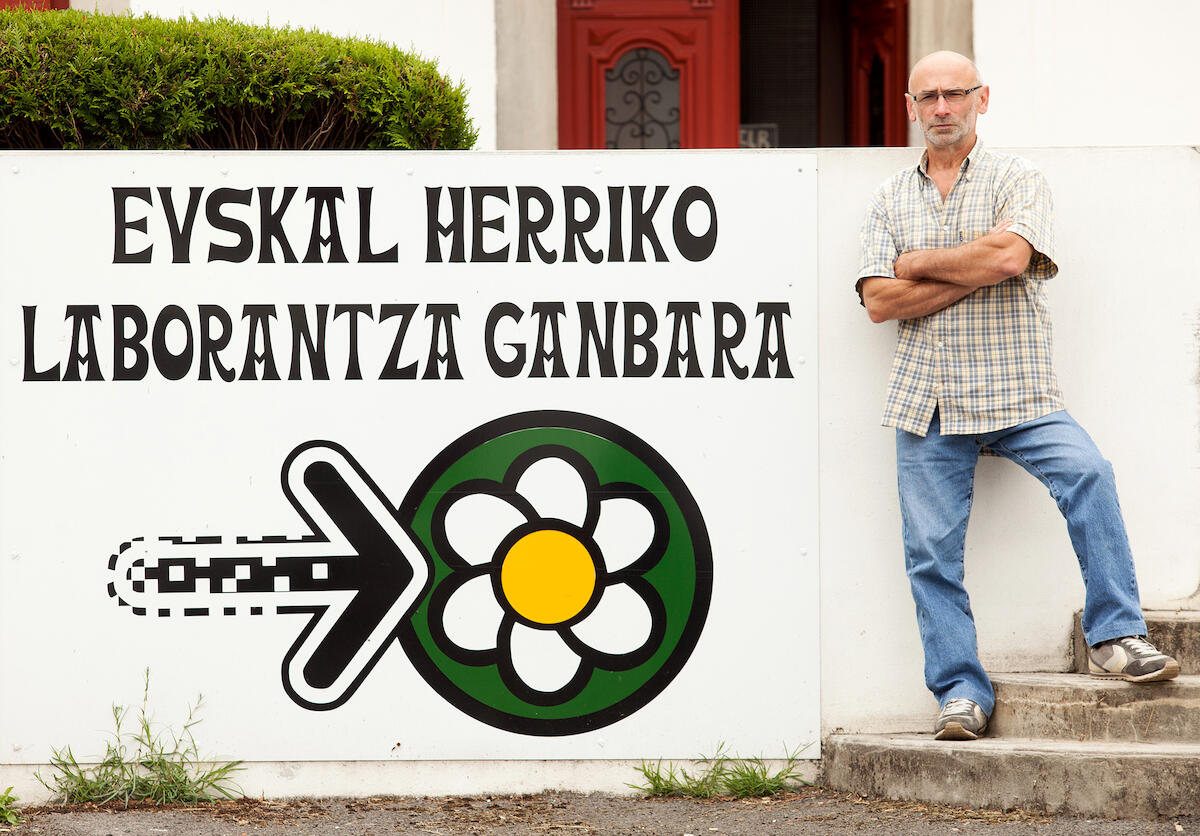
Previously, in the elections to the Pau Chamber of Agriculture, a campaign was carried out carrying out the cry of a Chamber of Agriculture of the Basque Country, and determining that if they won the elections they would create a structure. In Ipar Euskal Herria the first forces emerged and then, moving from word to action, they created the structure.
The French State immediately opposed this organisation, with the support of the Pau Chamber of Agriculture, for using the name of another official institution, which led the trade unionist of Gamarte to trial twice, in 2008 and 2010, both declared innocent. “I don’t know an easy militancy, but if it isn’t implied, the situation is hard to improve,” he told the media in an interview in 2012.
He was president of the House for ten years and, after leaving office, he said so in Laborari magazine, asked about the functions and challenges of this institution: “Rope pull is difficult between cultivation models, between industrialization and sustainability. We know where they're throwing. We are the ones who pull on that rope together with others on sustainable cultivation.”
Within the EHLG and through many other projects, such as Lurrama or the Etxalde group for the food sovereignty of Euskal Herria, Berhokoirigoin worked against speculation and for the ecological model, and his ideas were widely disseminated in interviews and conferences. In 2017, Food Assembly 21 explained some of them: “If the mission of agriculture is to create food for the world, that people feed, with quantity and quality... the problem is that we see that in today’s world there are one billion hungry people, one billion more malnourished… It is not a technical problem, but a political one.”
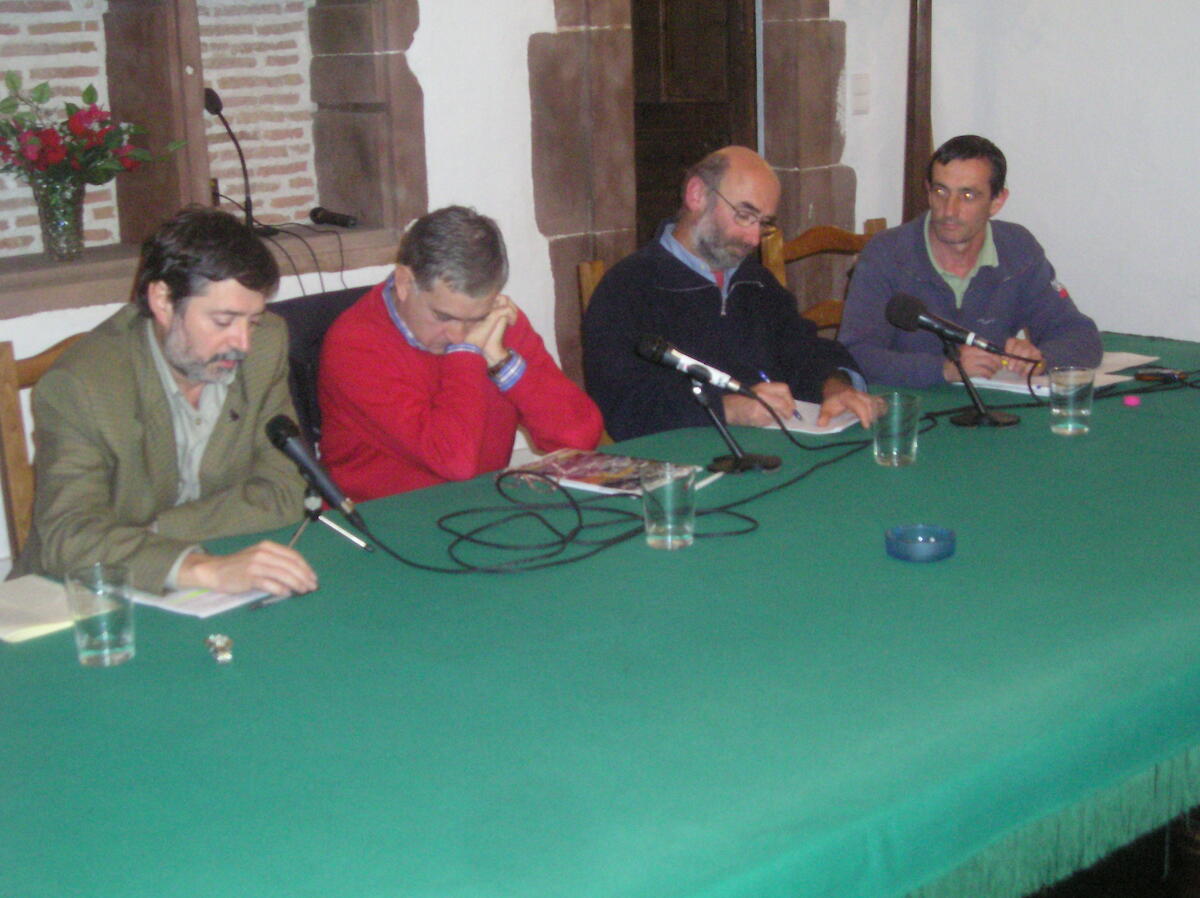
Artisan of Peace
In addition to cultivating and unifying, Mixel Berhokoirigoin has also been heavily involved in the popular construction sector. He was a member of Abertzaleen Batasuna and the Batera platform. In December 2016, he participated in the Luhuso disarmament event, where he was arrested by the police together with four people, known as the Artisans of Peace, who received a wave of solidarity from the citizens and created the Bakegile group. A few months later, ETA was finally disbanded, under the supervision of civil society.
In recent years we have been committed to peace and coexistence. “The resolution of the consequences of the conflict is, for all imprisoned people, capturing a different perspective from prison,” he said last January in one of his latest public interventions in Baiona.
Berhokoirigoin also liked culture. As a young man he worked in the theatre in the Hiruak Bat and Biper Beltx groups, as well as in the creation Hiru zitxun, last year formed by Gamarte, Ainhize-Monjolose and Lakarra neighbours. He was a fan of the Bertsos, and he did so both on a local radio show and in the atmosphere of the parties.
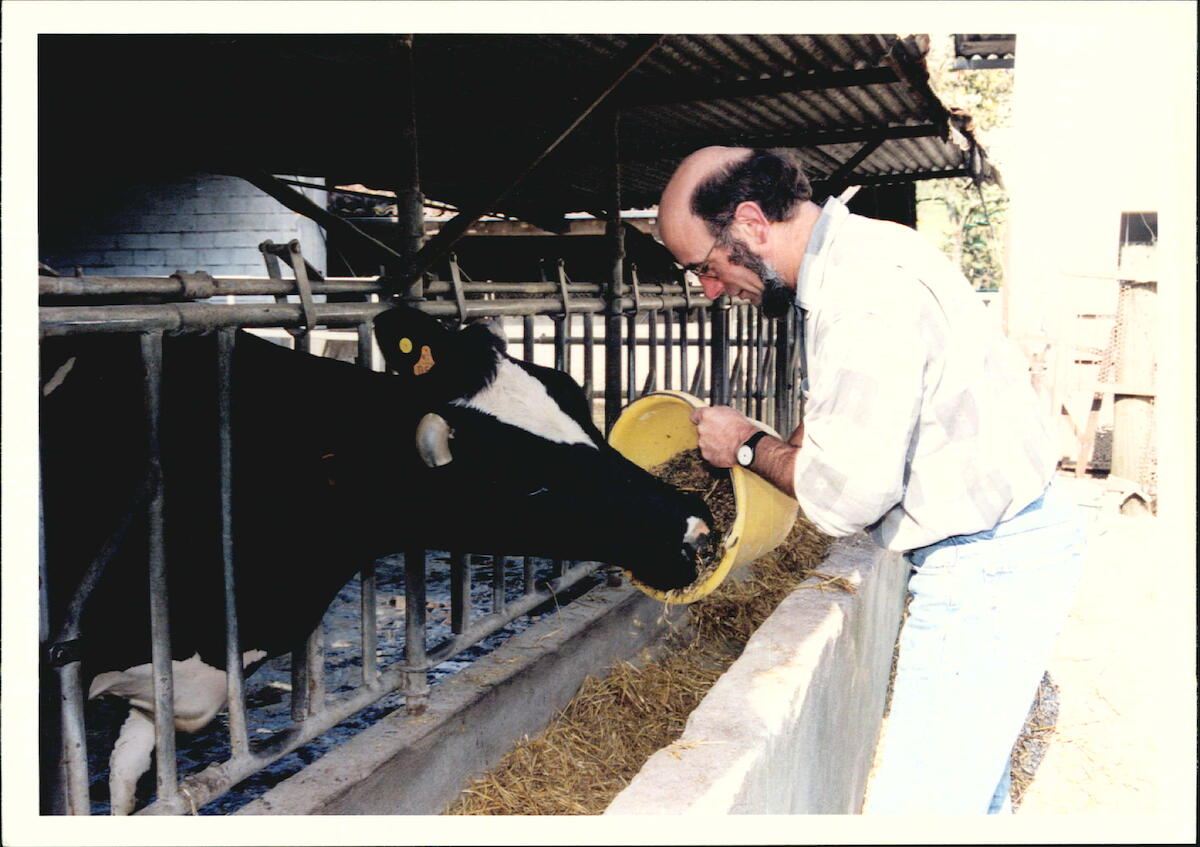
For more than 30 years, Gamarte, a root farmer and trade unionist, together with Mikel, worked in the production of milk and in the elaboration of the small fruit kiwai on the Uhartia estate. Today he shared these works with his sons Iñaki and Maitena, helping them when he could, taking care of the land he loved and of his family and friends until the last moment.
A quick cancer has been taken to the father of our colleague Jenofa Berhokoirigoin, Mixel.
Klima aldaketaren eraginez, munduko lurralde gero eta gehiago idortzen ari dira, milioika pertsonaren jarduera eta bizimoduak kolokan ezarririk. Fenomeno horren frontean dago India erdialdeko Maharashtra estatua, non klimaren berotzeari eta lehortzeari metatu zaizkien oihan... [+]








